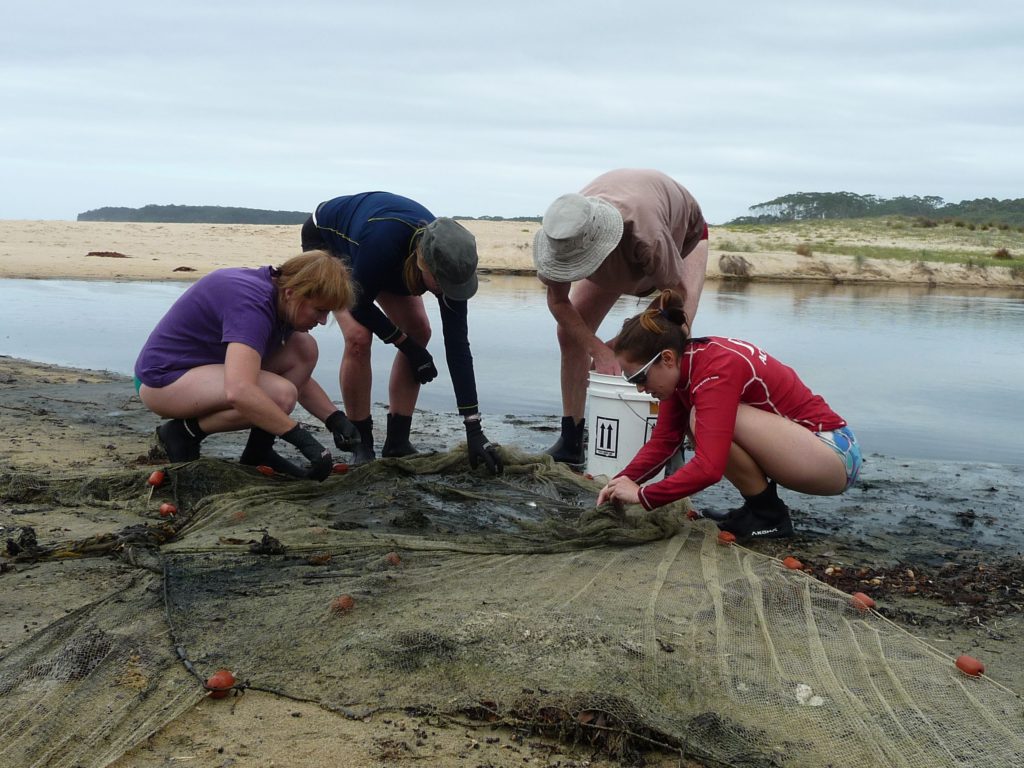The Australian Citizen Science Association defines citizen science as: public participation and collaboration in scientific research with the aim to increase scientific knowledge.
Citizen science is a flexible concept which can be adapted and applied within diverse situations and disciplines. Yet, there are key principles which as a community we believe underlie good practice in citizen science. In an effort to develop consistent and shared approach, the Australian Citizen Science Association has adapted and adopted, in consultation with our Members, the European Citizen Science Associations Ten Principles of Citizen Science. The principles below are our working principles, and it is anticipated they will be reviewed annually.

10 Principles of Citizen Science
- Citizen science projects actively involve citizens in scientific endeavour that generates new knowledge or understanding. Citizens may act as contributors, collaborators, or as project leader and have a meaningful role in the project.
- Citizen science projects have a genuine science outcome. For example, answering a research question, informing conservation action, or facilitating policy decisions.
- Citizen science provides benefits to both science and society. Benefits may include learning opportunities, personal enjoyment, social benefits, the publication of research outputs, contributing to scientific evidence that can influence policy on many scales (locally, nationally, and internationally), and connecting the wider community with science.
- Citizen scientists may participate in various stages of the scientific process. This may include developing research questions, designing methods, gathering and analysing data, and communicating results.
- Citizen scientists receive feedback from the project. For example, how their data are being used and the research, policy or societal outcomes.
- Citizen science, as with all forms of scientific inquiry, has limitations and biases that should be considered and controlled for. However, unlike traditional research approaches, citizen science provides greater opportunity for public engagement and participation, increasing accessibility of science in society.
- Where possible and suitable, project data and meta-data from citizen science projects are made publicly available and results are published in an open access format. Data sharing may occur during or after the project, unless there are security or privacy concerns that prevent this from occurring.
- Citizen scientists are suitably acknowledged by projects. This may include acknowledgement in project communications, result reporting and publications.
- Citizen science programs offer a range of benefits and outcomes which should be acknowledged and considered in project evaluation. Communication and evaluation of projects could include scientific outputs, data quality, participant experience and learning, knowledge sharing, social benefits, capacity building, new ways of science engagement, enhanced stakeholder dialogue, and wider societal or policy impact.
- The leaders of citizen science projects take into consideration legal and ethical considerations of the project. These considerations include copyright, intellectual property, data sharing agreements, confidentiality, attribution, participant safety and wellbeing, traditional owner consultation, and the environmental impact of any activities.
For more information, watch this presentation from our 2020 #CitSciOzOnline conference event where Dr Sam Illingworth, explains the 10 Principals of Citizen Science.
